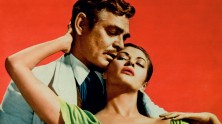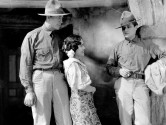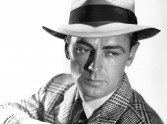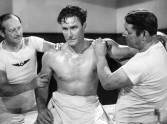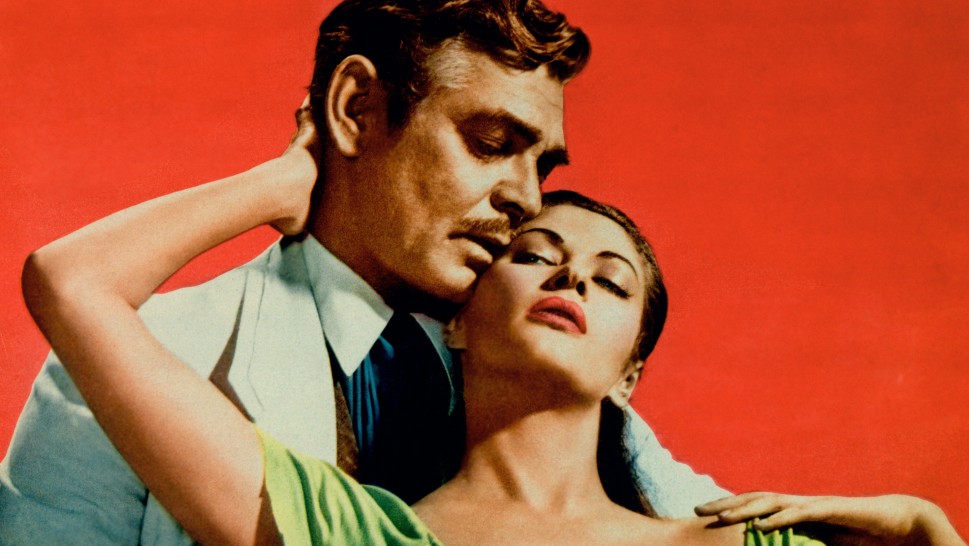
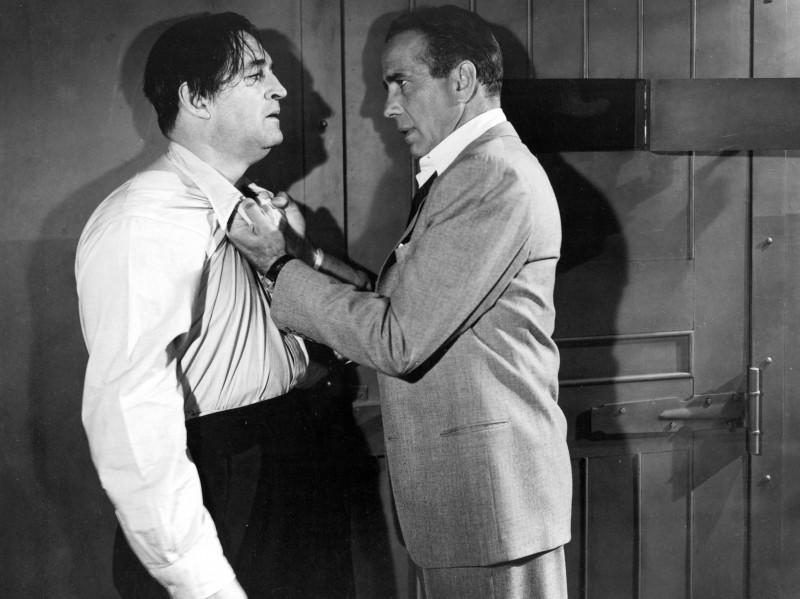
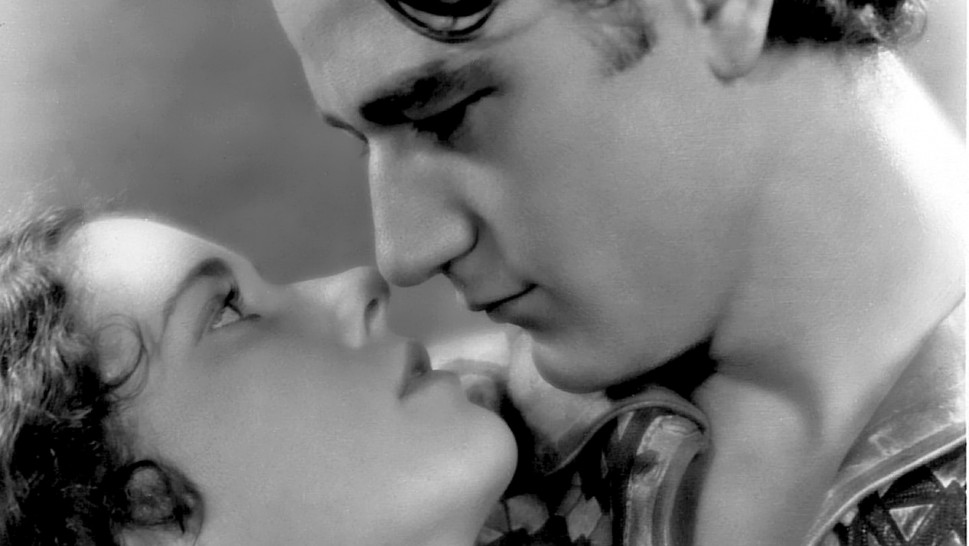
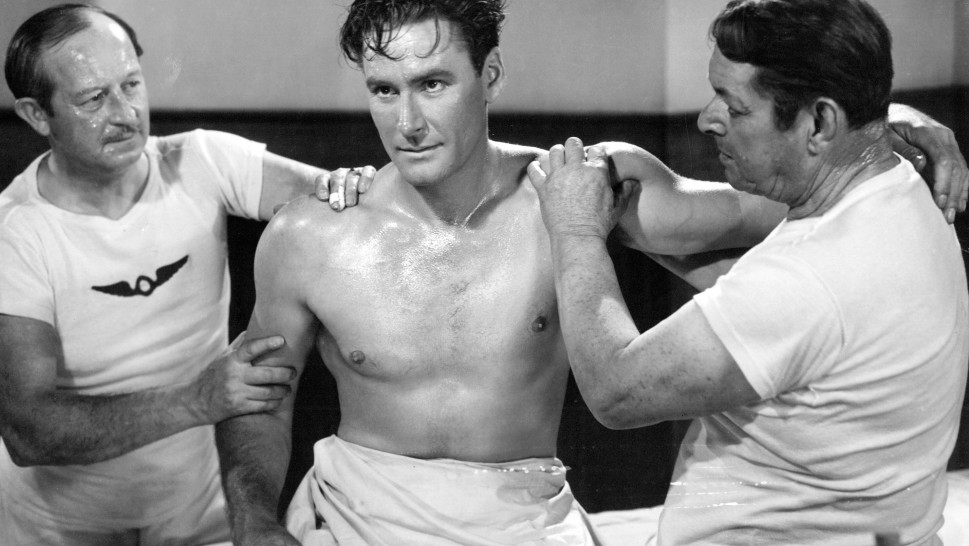
Raoul Walsh Encore
Raoul Walsh on politics:
Our benevolent Peace Corps spent millions of dollars in sixty countries around the world, helping to show people how to improve their land – methods of irrigating, planting crops, building homes, caring for and feeding livestock, establishing schools, and offering medical and dental care to people in other lands. Why is it that the Peace Corps does not give all these benefits to the American Indian? Do they just close their eyes and let these poor unfortunate humans suffer and die in their wasteland? Shame, America, shame for your treatment of the Indian.
On Hollywood:
That land, called Hollywood, was a mythical abstraction without geographical boundaries. Whether its locations were in Manhattan, a Western prairie in New Mexico, the high Sierra, Paris, London, the Alps or a converted orange grove in Los Angeles – they all formed the total myth known as ‘Hollywood’.
I saw its birth, its golden era, and its declining years. We were never the lotus-eaters of legend. We performed an endless job of hard work under hot lights and blazing sun, in snow and rain or wherever the job took us – even riding a camera on an ice flow.
On stars:
In those days, Cagney and Bogart were the only two stars you could kill in a picture. You couldn’t kill Flynn; you couldn’t kill Gable; you couldn’t kill Cooper or any of those fellows. The exhibitor wouldn’t even play the picture. But, with Cagney they accepted it and with Bogart. So, I thought, as long as they accepted it, we’d give them a good load of it.
On film:
Chase scenes are very easy to shoot. Just keep going, keep going, keep going. Get up on top of the mountain, turn around, bring ‘em down again. Just hope there’s nobody on the road.
Of course, the difficult thing about making pictures as compared with the stage – in those old days, we used to work until three or four o’clock in the morning. When I’d get home, at daybreak, there’d be a script on my lawn, like the newspaper; somebody threw it there. We went back and started work at nine o’clock.
I suppose the record shows that I have filmed my share of murder, rape, and arson. But what a difference between these elements and sodomy, sadism, and scatology. My chauvinist studs never doubted they were males. The virile lover had no need for nudity to prove he was a man; sometimes he didn’t even take off his hat.
Twenty-five hundred years ago, Aristophanes taught us to laugh at sex, and the French made a national industry of frustrated amour. Our neophytes, however, too often look on sex as a matter of very grim substance. Oh well, boys will be boys and sometimes boys will be girls.
It is my somewhat optimistic hope that a new generation of filmmakers (…) will learn the ABC’s of entertainment – which is at least the basis of that rare commodity, art. Indeed, I feel there is a good chance that these young will learn, from life as well as from art, for each man in his time plays many parts.
